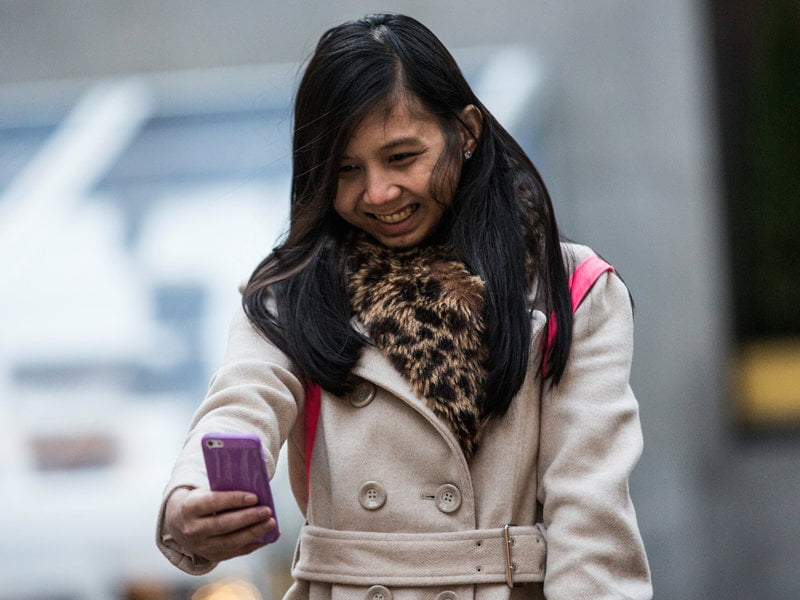Who can state why a few contrivances take off and others slump? Be that as it may, the Google Arts and Culture application took advantage of the zeitgeist throughout the end of the week, until the point when it appeared like pretty much everybody with access to a camera telephone and an online networking account was looking for and sharing their popular painting doppelganger.
Disregard the way that Google propelled the application and online page in 2016, enabling clients to peruse a trove of work of art sourced from many galleries around the world. It was the picture highlight incorporated into a month ago’s refresh that has spun the selfies into overdrive.
- The metric site App Annie said Google Arts and Culture was the No. 1 free application throughout the end of the week. Also, by Monday, it was all the while clutching the spot.
- Maybe clients can’t avoid the vain delight of seeing and displaying their own appearances reflected in a well known show-stopper.
- Or on the other hand possibly it’s simply fun.
- It works this way: iPhone or Android clients must download the application, at that point discover the “Is your picture in an exhibition hall?” capacity and take and present their photograph. Google filters through the a great many works of art in its database and utilizing its PC vision programming influences a match nearby a level of how well the two pictures to look like each other. (There is no clarification given about the assumed science behind this.)
- As they shared their outcomes on Twitter and Instagram, a few clients commended the similitudes.
- What’s more, still other fussed about the ramifications of Google gathering its own database of clients’ appearances.
Google App Goes Viral Making An Art Out Of Matching Faces To Paintings
In the application, the organization says it just stores the selfies sufficiently long to make the matches and won’t utilize the photographs for some other purposes.
In any case, the viral buzz was sufficient that numerous universal would-be-clients have been left baffled. Google said on Monday the exploratory component is just accessible “in parts of the US,” however will be enhanced and extended.
Source: npr.org






